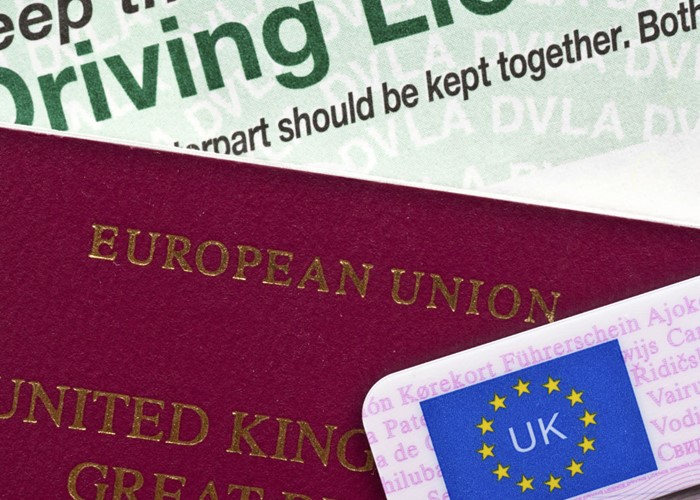Beware of this passport advice scam

Victims are being scammed into paying for help when getting a new passport.
Fraudsters are conning people into paying for passport advice, HM Passport Office has confirmed.
The copycat emails are designed to fool people into paying for passport enquiries, which are free for those who go straight to the Passport Office or their local Post Office.
As the fake websites look genuine, many people have mistakenly paid up, with some companies charging up to £40 per enquiry.
Passport scam
In the run up to the summer holidays people are especially at risk from falling for this latest passport scam.
As these copycat websites provide some basic information and look a lot like the genuine passport office website, many people are being conned.
Several rogue sites have already been fined and removed. Action has also been taken by the Advertising Standards Agency (ASA) for those which use official logos without permission.
How to get free passport advice
The forms you need for a new passport can be picked up at your local Post Office branch or online. Advice can also be found in a branch, on the official website or by calling 0300 222 0000.
It costs £72.50 to renew a UK passport but if you want someone to check over the form you can pay £8.75 on top of this. This means if there is anything missing it can be amended without having to send off an entirely new application.
The whole thing should take around three weeks to process. If you need a passport sooner, you can pay more for a quicker service, such as a one-day service for £128 or a one-week service for £103.
Online scams
Con artists are forever finding new ways to scam us out of our money and the only way to avoid becoming a victim is to remain vigilant.
All secure websites should have a padlock symbol in the browser and the web address should start with 'https', not just 'http'.
If you’re unsure of a link you’ve been emailed, try opening it in a new browser. Always search online for the company first and look for an address and phone number to check it’s real.
More obvious ways to spot a fake website are spelling and grammar mistakes, along with offers which seem too good to be true.
If you receive a suspect email or visit a website you think is fake, get in contact with Action Fraud so it can investigate it. In some situations you should be able to claim money back if you are a victim of fraud, so get in contact with your bank as soon as possible if this is the case. You can find out more in our article - Your rights if you've been scammed.
More on scams:
Ticket machine card fraud on the rise across Europe
Watch out for these HMRC tax refund scams
Suspected pension liberation fraudsters arrested
The worst types of holiday fraud
How to spot a fake £1 coin
Comments
Be the first to comment
Do you want to comment on this article? You need to be signed in for this feature